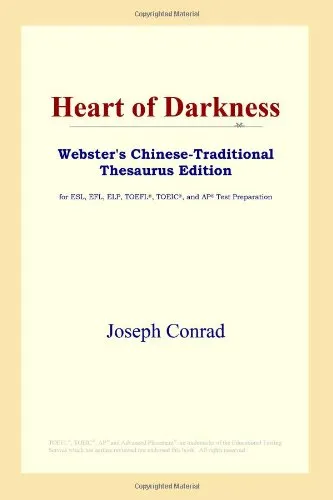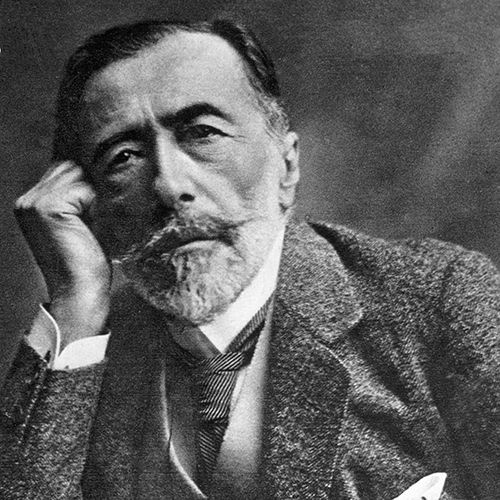The Secret Agent
4.1
Reviews from our users

You Can Ask your questions from this book's AI after Login
Each download or ask from book AI costs 2 points. To earn more free points, please visit the Points Guide Page and complete some valuable actions.Related Refrences:
"The Secret Agent: A Simple Tale" by Joseph Conrad is a profound exploration of anarchism, terrorism, and espionage set against the backdrop of early 20th century London. It masterfully intertwines the complexities of human nature with the political turmoil of the era. This seminal work of literature delves deep into the psyche of its characters, revealing the moral ambiguities and existential dilemmas that drive anarchic sentiments and actions.
Detailed Summary of the Book
The narrative revolves around Mr. Verloc, a lethargic and mediocre man leading a monotonous life as a shop owner. However, he harbors a clandestine identity as a secret agent for an unnamed foreign government. The plot thickens as Verloc is coerced by his superiors to instigate a bombing in an attempt to shake the foundations of English society, particularly targeting the Greenwich Observatory. This is meant as a catalyst to raise public awareness about the potential dangers posed by anarchists.
The arc of action delves into tragic consequences as Verloc enlists his wife Winnie’s simple-minded brother, Stevie, to unknowingly plant the bomb that ends up killing him instead of its intended targets. This event serves as a turning point for Winnie, who oscillates between loyalty to her family and compassion that spirals into despair and rage. Her eventual realization of her husband’s betrayal leads to a dramatic climax, underscoring the novel’s exploration of trust, manipulation, and moral decay.
Key Takeaways
- The book highlights the theme of isolation and alienation in urban life, capturing the essence of covert operations and the blurring lines between public duty and private intentions.
- It critiques societal structures, questioning the effectiveness and ethics of governmental controls and the extent to which individuals are mere pawns in larger political games.
- The novel portrays an astute examination of anarchism and how easily ideals can lead to nihilism and chaos when manipulated by powerful systems.
- Conrad's intricate character studies offer a deep reflection on human nature and moral dilemmas, revealing both the personal and political stakes involved in their actions.
Famous Quotes from the Book
"The truth is that it is very well for people who have the time, but we have not the time; we were so much writing letters." This line exemplifies the novel's sardonic take on bureaucracy and the inefficacies within societal systems.
"A pushing sort of fellow...but he was going wrong...He was too full of himself, too much of a theorist." Such insights reflect on the perilous hubris inherent in human nature and ideological extremism.
Why This Book Matters
Joseph Conrad's "The Secret Agent" serves not only as a historical perspective on the anarchist movements of his time, but its themes resonate with contemporary concerns about terrorism and the complex web of global politics. The novel's exploration of ideological manipulation remains chillingly relevant, mirroring current anxieties about extremist ideologies and domestic threats. Its contribution to the literary world is remarkable, influencing an array of subsequent novelists and filmmakers who draw on its intricate plotting and character dynamics.
Furthermore, "The Secret Agent" is celebrated for its narrative technique and pioneering psychological insights, epitomizing Conrad’s literary prowess and understanding of the human condition. Its layered complexity and moral quandaries position it as an essential text in both literary studies and discussions on political philosophy, inviting readers to question the ethical dimensions of authority and resistance.
Free Direct Download
Get Free Access to Download this and other Thousands of Books (Join Now)
For read this book you need PDF Reader Software like Foxit Reader
Accessing books through legal platforms and public libraries not only supports the rights of authors and publishers but also contributes to the sustainability of reading culture. Before downloading, please take a moment to consider these options.
Find this book on other platforms:
WorldCat helps you find books in libraries worldwide.
See ratings, reviews, and discussions on Goodreads.
Find and buy rare or used books on AbeBooks.



